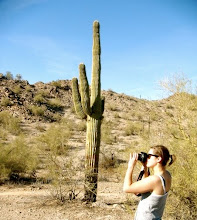Before reading A Wrinkle in Time for the second time, I was aware of the supposed Christian imagery, analogies, etc. Because of this knowledge, I had a tendency to relate a lot of the things within the novel to the Christian religion. I think it is difficult to discuss this novel without the thought of religion versus science or perhaps religion incorporating science.
I hate to discuss the Christian element in this novel seeing as we just did in class, but unfortunately I can't seem to get it out of my head! One part that really stood out to me was when Aunt Beast says "We look not at the things which are what you would call seen. For the things which are seen are temporal. But the things which are not seen are eternal" (L'Engle 205). To me, this was describing the body and the soul. The body and the soul are a constant topic in religion. What happens to both after we pass away? I saw this section as a commentary on the body's limitations in terms of time. The soul, on the other hand, is the thing unseen in people. It is the element that is eternal. The idea of the eternal soul relates back to Christianity. This quote also touches upon an obvious theme in the novel: time. Can the soul be seen as a wrinkle in time? I may be way out there on that idea, but I was thinking perhaps the idea of the eternal soul challenges the idea of time itself.
On a different, but still religious, note I was wondering if anyone thought about the naming of Calvin. Did anyone relate this to John Calvin at all? I know, I know... I seem to be hunting for the religious undertones at this point.


John Calvin...ha, hadn't thought of that, but could be.
ReplyDelete